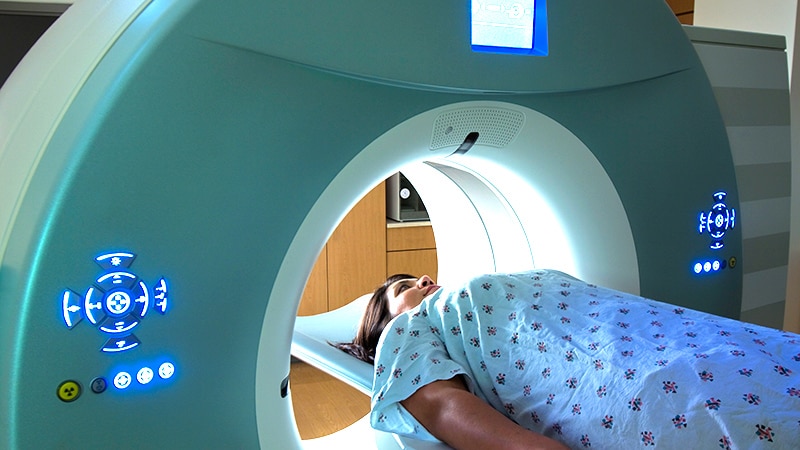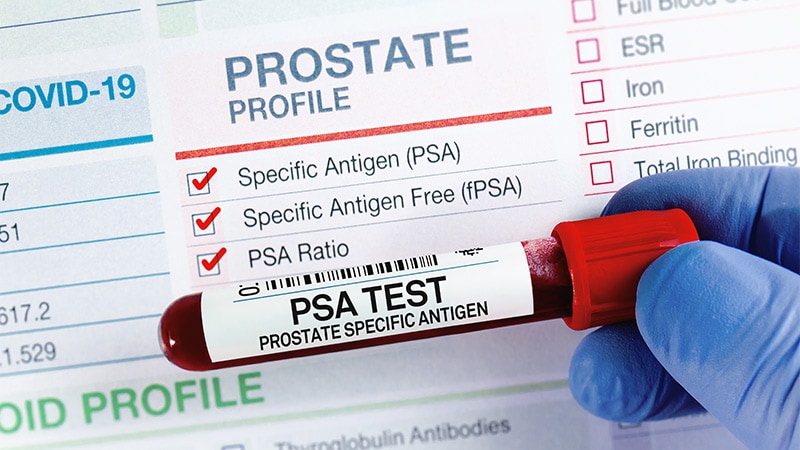Researchers from the Norfolk and Norwich NHS Trust have identified specific chromosome conformations that facilitate prostate cancer (PCa) diagnosis and risk stratification.
In this prospective study, the researchers screened peripheral blood samples from newly diagnosed, treatment-naïve PCa patients (n=140) and cancer-free control participants (n=96) for the presence of 14,241 chromosomal loops in the loci of 425 genes.
They detected specific chromosome conformation changes in the loci of ETS1, MAP3K14, SLC22A3 and CASP2 genes in peripheral blood from PCa patients yielding PCa detection with 80 per cent sensitivity and 80 per cent specificity.
Further analysis between PCa risk groups yielded prognostic validation sets consisting of HSD3B2, VEGFC, APAF1, BMP6, ERG, MSR1, MUC1, ACAT1 and DAPK1 genes that achieved 80 per cent sensitivity and 93 per cent specificity for stratifying high-risk category 3 vs low risk category 1.
Sensitivity and specificity for stratifying high-risk category 3 vs intermediate risk category 2 disease were 84 per cent and 89 per cent, respectively.
The authors say these signatures have significant potential for the development of quick diagnostic and prognostic blood tests for PCa and significantly exceed the specificity of the currently used PSA test.
This study has several limitations including smaller number of patients in diagnostic validation cohort, unavailability of other clinical indices like PHI and 4 K and no follow-up (due to double anonymity).



